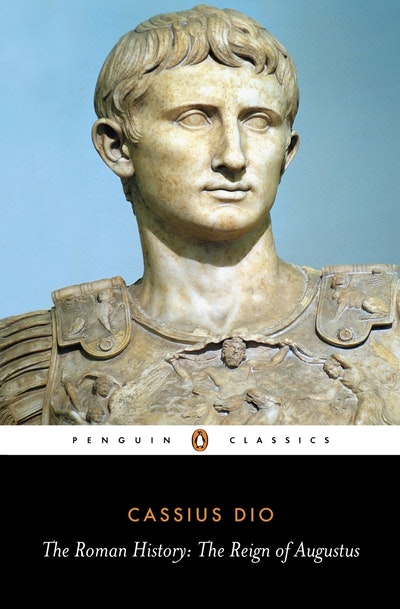- Published: 7 September 2009
- ISBN: 9780141441979
- Imprint: Penguin Classics
- Format: Paperback
- Pages: 288
- RRP: $21.00
Journey to the Centre of the Earth
- Jules Verne
Jules Verne's pioneering science fiction classic tells the story of the distinguished but eccentric Professor Lidenbrock, who finds a scrap of parchment in an old manuscript. A cipher written in runes, it tells of an entrance to another world – a world hidden beneath our own.
Jules Verne's wild and riotous fantasy Journey to the Centre of the Earth delves into the hidden mysteries of a vast, uncharted subterranean world. This Penguin Classics edition is translated from the French by Frank Wynne with an introduction by Jane Smiley and notes by Peter Cogman.
Jules Verne's pioneering science fiction classic tells the story of the distinguished but eccentric Professor Lidenbrock, who finds a scrap of parchment in an old manuscript. A cipher written in runes, it tells of an entrance to another world - a world hidden beneath our own, illuminated by an electrified gas and populated by strange, prehistoric beings. So with his nephew reluctantly in tow, the Professor follows this cryptic clue down into a dormant volcano in Iceland, and the further they descend, the more extraordinary the discoveries and creatures that they encounter, the greater the dangers, and the more ancient the living past that surrounds them.
This new translation by Frank Wynne is accompanied by an introduction on the science of Verne's work and its influences. This edition also includes notes, a chronology and suggested further reading.
If you enjoyed Journey to the Centre of the Earth you might like H.G. Wells' The Time Machine, also available in Penguin Classics.
- Published: 7 September 2009
- ISBN: 9780141441979
- Imprint: Penguin Classics
- Format: Paperback
- Pages: 288
- RRP: $21.00

























































































































































































































































































































































































































































































































































































































































































































































































































